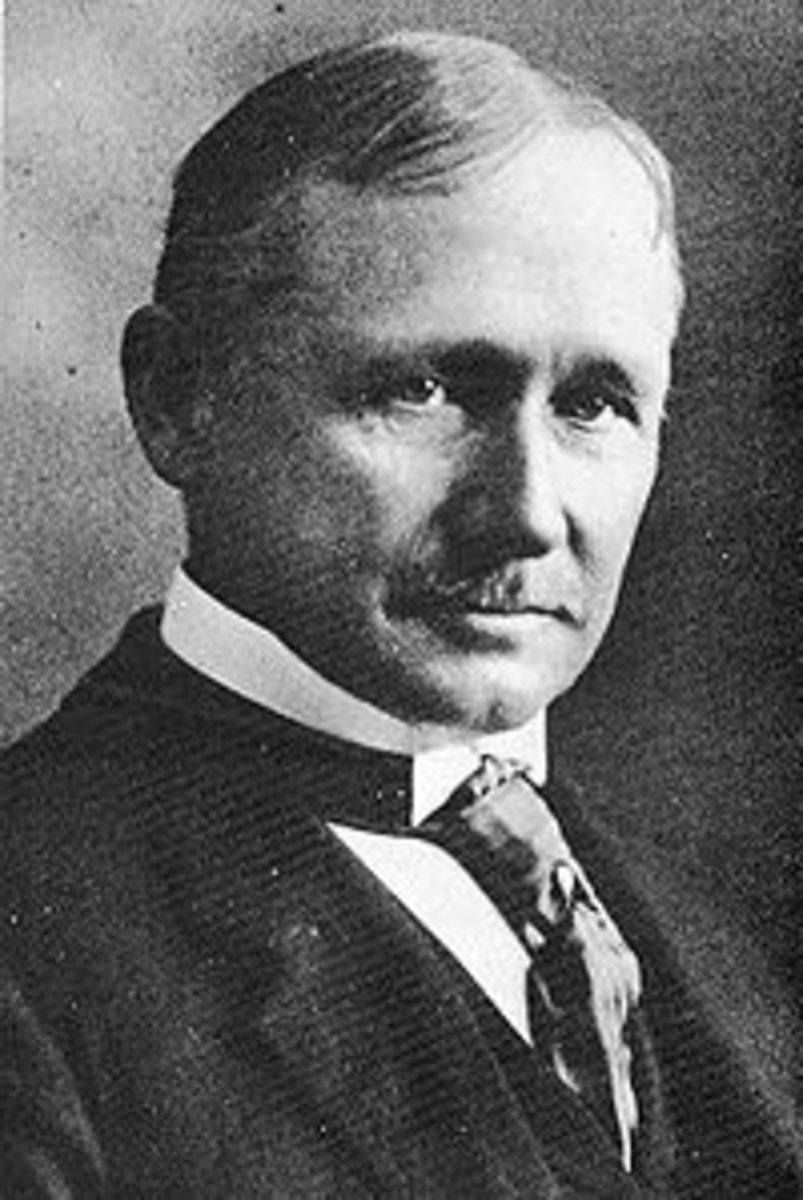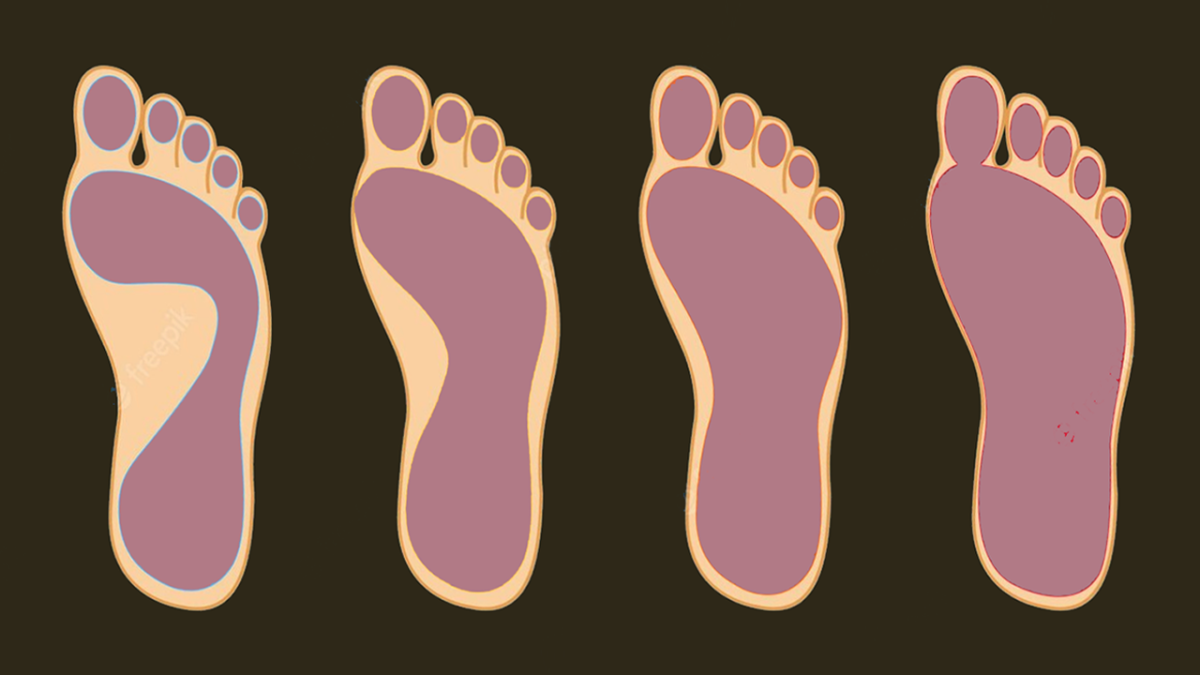The Rat Race and Meaning In Life - Driving Out the Rats

Water Doesn't Have Holes
A Training VP for a chain of casual dining restaurants was speaking in a seminar about productivity. He was speaking on the topic of work/life balance and asked this question:
When you take your hand out of a bucket of water, does it leave a hole?
It does not. However, some managers and assistant managers were working in a manner that suggested that their restaurant could not function without them. They were putting in extra hours at astonishingly lowered productivity rates. The VP's point was that a restaurant would go own without these managers when they dropped dead of exhaustion and worrying over meeting statistical goals.
The VP was instructing management teams from several different industries in how to avoid unproductive levels of "Type A", addictive, codependent, and overly-competitive behaviors related to work and life
Where does this rat race originate?

The VP's task was rather difficult to complete, because two or three companies of the many industries represented in his seminar insisted specifically on such destructive behaviors being maintained. They expected management to work hours open-to-close in order to use fewer hourly-wage workers. These salaried managers were often not legally entitled to or paid overtime pay and were fearful of their job security. They'd gradually assumed the position of racing rats, or as Franz Kafka more graphically described it in 1915, monstrous scurrying bugs.
Running Feet
Some families blame one specific family member for everything that goes wrong, whether that person was present and/or connected in any way to the problem or not. It is the same with a minority of workplaces.
Rat Race
Constant accusation, blame, suggested competition, and an instilled sense of guilt in certain workers can result in what is often termed "Type A" behavior, "people pleasing", overachievement, workaholism, and sometimes a destructive level of competition that results in undermining coworkers, subordinates, bosses, vendors, clients - everyone.
People pleasing in the workplace might more correctly be understood as the pleasers' attempts to avoid dying from losing their jobs and support, or an attempt to avoid scary conflict.
Workaholism and "Type A" can be severely destructive obsessions. These conditions can be effective in certain careers and are well applied in them, but and when used in other occupations and in life, they are illnesses. An undercurrent in Kafka's work almost suggests that we use a can of insect spray on these folks, and that is sometimes my feeling when surrounded by people that are inappropriately over-working. I have found that effective organization can be applied bteer than "Type A."
Frenet behaviors can be ineffective coping mechanisms connected to survival in these over-working cases. It can be related to a lack of recognition and validation: one works constantly in order to prove oneself and avoid being replaced, or to stay ahead of the competition, and this can begin among children in an unhealthy nuclear family.
I can imagine in an animated film in which the fiery running feet of workers in Hell that can never accomplish enough but are driven nonetheless to accomplish. This must surely be the oppression experienced by many that are overwhelmed by the rat race.
Writers have attacked the idea of industrialism and its resultant decay of the soul and life as far back as Franz Kafka (The Metamorphosis, 1915) and possibly before.
Yet here we are, still running through flames - or like Dagwood, running to catch the car pool we missed
St. Anthony of the Desert

Wandering in a Desert of Stress
Industrialization and commercialization have led to life conditions that can benefit from the lucrative field of stress management systems. This may include vacations that promise to get the worker "away from it all." Any of this might work for any number of individuals. However, one site performs wonders - or miracles, as it were.
"Everyday I say to myself, 'Today, I begin.'" St. Anthony of the Desert
St. Anthony went though many trials in the desert and the competitive daily rat race of Western Society and other parts of the world may feel just like that desert to many workers or even the unemployed. One is often more tormented in unemployment than in a high-stress job.
St. Anthony seems to have promoted the idea of starting each day or each trial with a fresh mind - like taking one day at a time, as individuals in all brands of recovery are taught.
Ultimate Rat Race

Abbey at Gethsemani
The Abbey of Gethsemani
We see in the graphic to the right how tormented was St. Anthony, though he met each trial anew, with resilience. It is the more modern Trappist Monks, among others, that offer a temporary refuge to stressed individuals for a refreshing of body and mind.
One of the hallmarks of the lifestyle of the Trappist Monks at Gethsemani in Kentucky is the tradition of hospitality.
Since 1848, this community has welcomed people from everywhere in order to provide them with hospitality and a time of refuge and peace. The retreat house at their monastery is designed for individuals that can benefit from a quiet, private retreat within a monastic community. Prayer participation is optional, but welcomed.
Above all other things, the retreat is quiet.
Quiet is important, because it helps the body regenerate. Constant stress, including constant noise, begins to strip the myelin sheath from nerve endings, causing the phrase "raw nerves." They really are becoming raw. Noise can cause blood pressures to rise, as well as to result in headaches. Noise can result in pain and the inability to think. Humans need a certain amount of quiet on a daily basis in order for body and mind to remain healthy; many need waking quiet, not sleeping quiet. The rat race destroys quiet, if we don't take respite from it regularly.

Making Choices
The Abbey is so popular in the 21st Century, that its leadership has found it necessary to limit visits to a few days per year per individual. Payment is by donation only, completely up to the individual. Several years ago, a businessman went to the Abbey for a week and stayed a year. These days, many people might do the same, if there were room.
Communal prayer among the monks is available 7 times a day between 3:15 AM and 7:30 PM, and three full meals are served. Talking is limited to certain areas of the buildings, but there are many acres of forest and open green space at the monastery, as well as library rooms and a chapel. The monks have their own jobs in the community and some are poets, photographers. and musicians in addition to this. Retreats are unstructured, but quests can ask for consultations with a monk. Some weeks are reserved for either women or men only. Gesthemani Farms in maintained by the monks and offers gift baskets and individual measures of cheese, coffee, fudge, fruitcakes, CDs, and other items.
Ultimately, we need not eliminate the rat race, but only control to what extent we participate in it and are affected by its operations. The Abbey at Gesthsemani offers one approach that works for many people (see map below for information).
The Abbey at Gesthsemani
Phone:(502) 549-3117
More About Life and Living
- What Does Success Mean to You?
What is the measure of success you use in your life? The ideas about success that others have may be surprising. - How to Become a Certified Laughter Club Leader and Enjoy Living
Laughter is medicine and it can be cultivated with physical activity and even Laugh Clubs. Many physicians know the healing power of laughter and most children know it. You can too! - Top 10 Global Concerns of the 21st Century
What are the Top 10 Problems in the World that must be addressed? >> - Work, Life and Faith Skills in Character - How to Ovcome...
In the last twenty years, my faith and my martial arts teaching and practice have built enough strength of character and determination for me that no crisis can be so devastating so at to set me back more than a step or...











